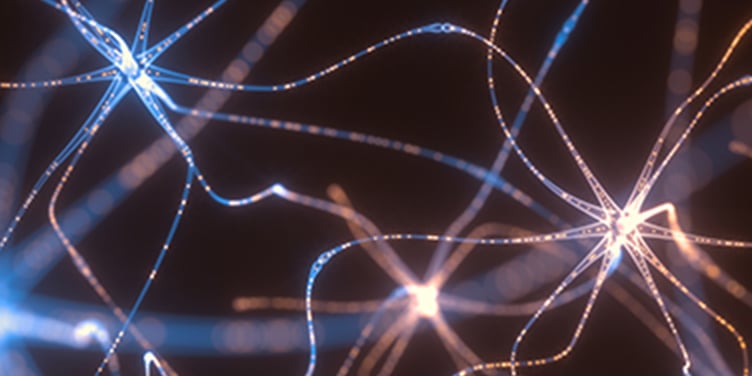
Non-Hodgkin's Lymphoma
In non-Hodgkin's lymphoma, tumors develop from white blood cells called lymphocytes, often at different locations in your body. Normally, lymphocytes go through a predictable life cycle. Old lymphocytes die and your body creates new ones to replace them. But in non-Hodgkin's lymphoma, your body produces abnormal lymphocytes that continue to divide and grow without control. This excess of lymphocytes crowds into your lymph nodes, causing them to swell.
Non-Hodgkin's lymphoma accounts for about 4 percent of all new cancers in the United States. The disease is about eight times more common than Hodgkin's lymphoma. About 55,000 cases of non-Hodgkin's lymphoma are diagnosed each year in the U.S.
Our Approach to Non-Hodgkin's Lymphoma
UCSF delivers compassionate, personalized care for non-Hodgkin's lymphoma. Treatments generally include chemotherapy, immunotherapy (which uses the body's immune system to fight the cancer and ease treatment side effects), radiation therapy or some combination of these. We also offer stem cell transplants to all patients with recurrent non-Hodgkin's lymphoma. Patients with slow-growing cancers may need careful monitoring but no immediate treatment.
We are dedicated to discovering better treatments for lymphoma and other cancers through research. Interested patients may have the option to participate in clinical trials of potential new therapies. UCSF also offers many support services for our cancer patients and their families.
Awards & recognition
-

Among the top hospitals in the nation
-

Best in Northern California for cancer care (tie)
UCSF Health medical specialists have reviewed this information. It is for educational purposes only and is not intended to replace the advice of your doctor or other health care provider. We encourage you to discuss any questions or concerns you may have with your provider.





